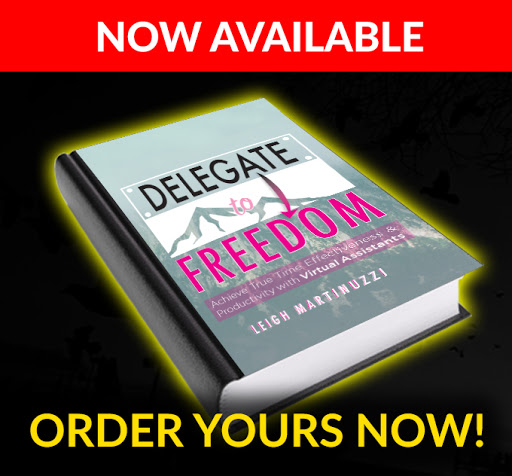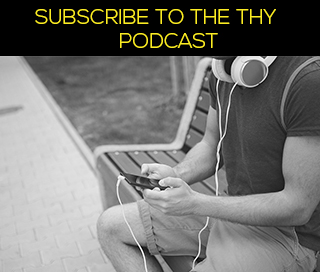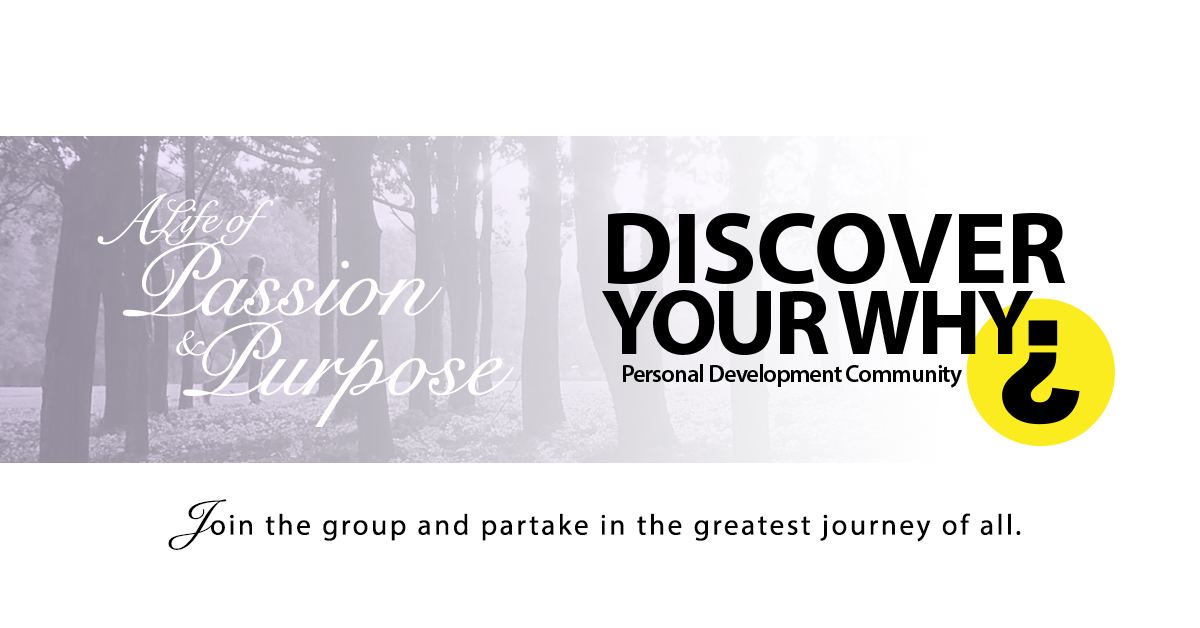
Time
Written and narrated by Leigh Martinuzzi
JJJ
“It is not that we have a short time to live, but that we waste a lot of it.” Seneca
Time is considered the most valuable commodities around. For the individual time is a precious resource. We are born and then we die. The time we have at our disposal is all that is in-between. The length of which remains undetermined.
There is time outside these parameters. We know of this. We are aware. We read history books of the past, examining the time before our existence. We know that for some period into the future time will carry on. Perhaps infinitely, as long as life and consciousness exist.
As a spectator time appears infinite. As an individual time, for now, remains limited. This is our greatest conflict.
Because we have a limited amount of time, how we use time becomes pretty important. As we come to appreciate that our time will end we also know that all other time will continue on, largely unchanged, with or without us and so may we wonder and question, how important is the use of my time?
Well, what is time exactly?
What is considered a good use of time?
And in good use, does this actually serve any significant level of importance?
Do we have a purpose? Does it or anything truly matter?
On the question of what is time, Carlo Rovelli has described time as a measuring tool. Something used to measure the distance between events. A record of the sequence of events and moments captured by a date stamp.
Take my birthday for example – a date in time. We use this date, the 29th of July 1981, to measure the day of my birth. That makes me sound rather special or unique. However, it is a universal date in history and the same date that the event of my birth took place. There are many other events that occurred on this day. One that comes to mind is the wedding of Prince Charles and Princesses Dianne. Some people died and like me, many others arrived.
Using this date, I can measure the time I’ve lived, from birth until today. However, one could argue that the time that has lapsed is rather irrelevant by itself. What makes it significant are all the events, moments and accomplishments that have occurred in-between. At least to some. To me more than others.
How you use this time will matter a great deal more to you than to others. And what you consider good use of your time will be different from what others value as good use.
Whatever the case, it seems to me of important to remember that time is but a sequence of events. What events you choose to fill the time with is your call, even if your circumstances are outside your control and undersibable. Regardless of what you consider important, I am sure, like me, you do not wish to waste time in moments that have little significance. In moments that are uncomfortable or suffering.
I feel that on occasions I use time well and on other occasions, not so well. I also recognise that when I feel productive or doing things aligned with my passions or values I feel more satisfied. Not so much with time, more so with those moments.
Then there are those events and experience in life that cause me pain, suffering and unease. I do not wish to remain here. In these moments I become dissatisfied. Again, not with time, but with how I am experiencing these moments during this period of time.
Do I reflect back on such occurrences with disdain for that time? No! Time is but the measure used to reflect back on my circumstances at that time. It is my circumstances that I am troubled by.
When we compare time to another valuable resource, like money, would you agree that we take time for granted more often than we do for money? Why is that?
I understand we are not all the same in how we use money or time, however, I know myself that I am more conscious and maybe wise on how I use the money I have, with efforts not to waste it on the unnecessary than I am with time. I often feel I waste time on what is u necessary or not a good use of time. I appreciate I am prone to be a little harsh and over self-critical.
We can always get more money yet we cannot get more time. You can loan money from a friend and repay them in time, but you cannot borrow time and repay that debt later in life. Perhaps if we treated time as we do money we’d be wiser on how we use it. It may be a case of short-term thinking as opposed to long-term vision.
Here, I will give you a handful of time. Please, until your next paycheck, spend it wisely.
It seems to me that we do take time for granted and I’d suggest many of us are always trying to grapple time in one way or another.
In meditation, we become tuned in to our thoughts. Mind training is designed to help us view our thoughts without attachment and with calmness to be better able to deal with all the random thoughts that pass by.
Thoughts predominately arise from events of the past or from thoughts about events of the future. Personally, in meditation, I notice more thoughts of the future than the past. Some thoughts are trivial. Some important. Regardless, I feel that all thoughts are associated with the use of our time. How well we’ve used it in the past and how well we desire to manage it moving forward.
We are always planning our future. Wondering what will unfold. Attempting to minimise uncertainty by making assumptions and predictions. Using our past as guidance. Often holding on to the past even though it is no longer.
I want what is in the future now. I impatiently wait for time to pass in an attempt to grab hold of time that is not here yet. I want the past to last longer. I want now to last longer. Then sometimes I want now to pass quickly. I want the future to never come. I wish I could avoid certain things that inevitably unfold and sometimes I wish for things that never come.
Said beautifully by the words of Seneca, time is taken from us sometimes forcibly. Sometimes it is gradually removed from our grips. And then on other occasions, it passes us by without a chance to interact with it.
Seneca further suggests that the biggest waste of time is taken up by ill activities. The other waste is time taken up in doing nothing. And in the whole, wasted time is time used without purpose.
“Do nothing of no use.” Miyamoto Musashi
Poor use of time is time used without purpose.
Who decides on what is deemed “purposeful” and what is not?
I think the answer to this question is that we do. And as a reminder you, it is not time we are using but the events or actions we do within a period of time or any given moment. It becomes a matter of doing that which has a purpose. I’d go further to say that good use of time is also built into purposeful thought and speech.
A perfect opportunity to refer to Mahatma Gandhi’s quote.
“Your beliefs become your thoughts, Your thoughts become your words, Your words become your actions, Your actions become your habits, Your habits become your values, Your values become your destiny.”
If that is true than mindfulness training is beneficial. To help us clearly see what thoughts have a purpose and which do not. Which we allow to guide us and which we will avoid.
Do we have control over our beliefs and thoughts? Not precisely. We are conditioned being and the extent of our beliefs and thoughts are without free will. Have we, therefore, got no opportunity to influence how we use our time? Does anything, our thoughts included, have a purpose?
If all belief, thought and action is without free will then there cannot be a purpose, therefore, we choose what is or is not purposeful. I’ve discussed these matters before. In summary, we do have some level of control over how we use this moment.
Right now, I could write this article. I could have a drink. I could go for a walk. I could eat a sandwich. I could sleep. I could read a book. I could do a number of things. What I choose to do will be in large part influenced by my conditioned nature. The choices you and I have will differ based on circumstance. The options will vary. Yet there is still the choice if not a choice.
If I wish to change the choices I make in life I need to work hard at it. I may not be able to acquire opportunities that others have but I certainly can acquire some. I can work hard at making better life decisions and I can become complacent and continue to make poorer decisions. Decisions and consequential actions with purpose and without purpose.
What has a purpose and what does not is for me to decide while influenced by my past and the society that I belong. Yes, society has a major role in what is considered purposeful. Human morals play a part. What is right and what is wrong. What is good and what is bad. Gathering these elements together will then allow me to decide on what is purposeful.
Does watching TV have a purpose. It can but it may not. While I mostly agree that it is a wasteful activity, a poor use of time, it can be entertaining and relaxing. Is this a good use of time? There are surely other activities that are more important to be doing. What are your priorities? There are surely many more activities that could be a worse use of this time. As long as we are aware?
I could be smoking. I could be watching TV. I could be working to earn money with intent to provide for my family. Whatever I choose, as long as I am aware, is all that matters. In awareness, we will become better at seeing what has a purpose and what does not, based on those elements we discussed earlier.
Now when I fill my time with activities, good or poor, I have only myself to thank or blame when assessing the quality of use in the time I’ve had. If I can only work to fill more moments with activities I deem to be of purpose and less on that which is without, then I hope I will see progress. And it is progress that I believe indicates a good use of time.
Is what you do resulting in progress?
Leave your thoughts, comments and questions below. Reach out directly by email of social media. Peace, Passion & Purpose.
Further Reading and Resources
TED Talks: Ideas worth spreading
Elite Daily: The Voice of Generation Y
Four Hour Work Week: How to escape the 9-5, live anywhere and join the new rich.
The Minimalists: How to pursue a minimalist lifestyle and be happier.
Mind Hacks: Tips and Tricks for Using Your Brain
Rich Roll: Plantpowered Wellness Advocate
The Art of Charm: Build confidence, feel comfortable and networking differently.
The Art of Manliness: Encouraging men to be better husbands, fathers, brothers, citizens
Tiny Buddha: Simple wisdom for complex lives.
Mind Body Green: Lifestyle media brand dedicated to inspiring you to live your best life
Zen Habits: Find simplicity and mindfulness in life.
Creative NonFiction: “true stories well told.”
Barking Up the Wrong Tree: science-based answers and expert insight on how to be awesome at life.
The Positivity Blog: Practical articles on happiness, self-esteem, productivity and social skills.
FIND YOUR HIDDEN WHY with THE HIDDEN WHY (THW)
BUILD YOUR LIFE AROUND YOUR PASSION AND LIVE WITH PURPOSE
Sign up for free below and receive cool stuff from me each week + Plus a free copy of “The Four Pillars of Success”
In my weekly emails you will receive ideas, thoughts, learning’s and inspiration on:
- How to design a life that you want and live by your terms
- How to live a life with passion & purpose
- Methods, strategies, & techniques on life hacks
- Messages on how to better live your life
- We will also keep you up to date with fantastic interviews from THW podcast













Leave a Reply